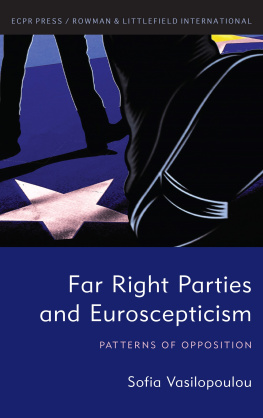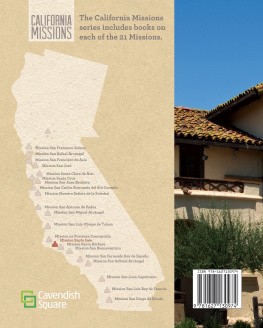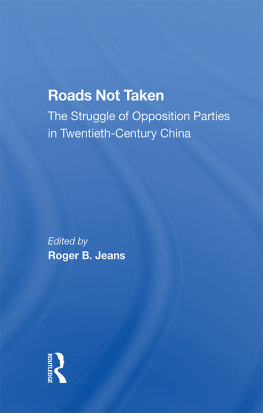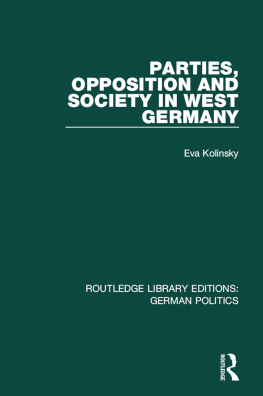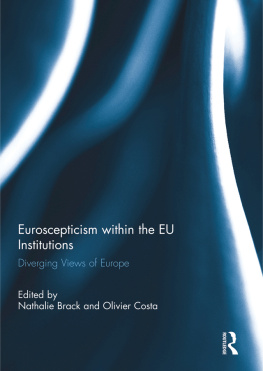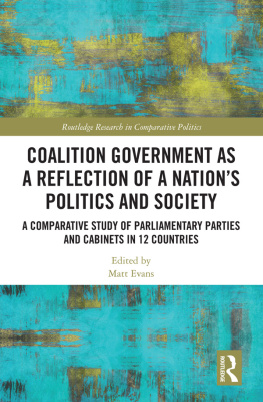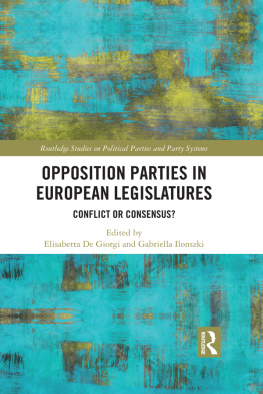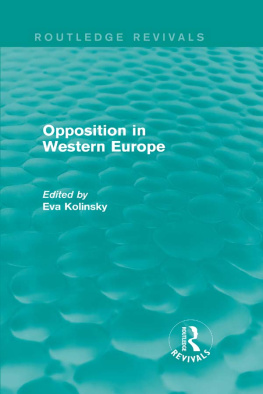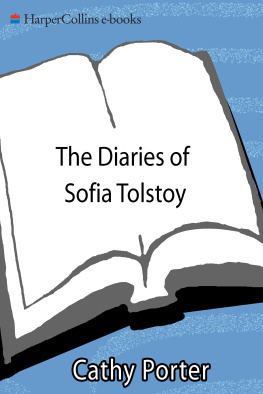Sofia Vasilopoulou - Far Right Parties and Euroscepticism: Patterns of Opposition
Here you can read online Sofia Vasilopoulou - Far Right Parties and Euroscepticism: Patterns of Opposition full text of the book (entire story) in english for free. Download pdf and epub, get meaning, cover and reviews about this ebook. year: 2019, publisher: ECPR Press, genre: Politics. Description of the work, (preface) as well as reviews are available. Best literature library LitArk.com created for fans of good reading and offers a wide selection of genres:
Romance novel
Science fiction
Adventure
Detective
Science
History
Home and family
Prose
Art
Politics
Computer
Non-fiction
Religion
Business
Children
Humor
Choose a favorite category and find really read worthwhile books. Enjoy immersion in the world of imagination, feel the emotions of the characters or learn something new for yourself, make an fascinating discovery.
- Book:Far Right Parties and Euroscepticism: Patterns of Opposition
- Author:
- Publisher:ECPR Press
- Genre:
- Year:2019
- Rating:3 / 5
- Favourites:Add to favourites
- Your mark:
- 60
- 1
- 2
- 3
- 4
- 5
Far Right Parties and Euroscepticism: Patterns of Opposition: summary, description and annotation
We offer to read an annotation, description, summary or preface (depends on what the author of the book "Far Right Parties and Euroscepticism: Patterns of Opposition" wrote himself). If you haven't found the necessary information about the book — write in the comments, we will try to find it.
Far Right Parties and Euroscepticism: Patterns of Opposition — read online for free the complete book (whole text) full work
Below is the text of the book, divided by pages. System saving the place of the last page read, allows you to conveniently read the book "Far Right Parties and Euroscepticism: Patterns of Opposition" online for free, without having to search again every time where you left off. Put a bookmark, and you can go to the page where you finished reading at any time.
Font size:
Interval:
Bookmark:


 The paper used in this publication meets the minimum requirements of American National Standard for Information SciencesPermanence of Paper for Printed Library Materials, ANSI/NISO Z39.48-1992.
The paper used in this publication meets the minimum requirements of American National Standard for Information SciencesPermanence of Paper for Printed Library Materials, ANSI/NISO Z39.48-1992.| AKEL | Progressive Party of Working People |
| AN | National Alliance |
| ECB | European Central Bank |
| ECU | European Currency Unit |
| EFDD | Europe of Freedom and Direct Democracy |
| EMU | European Monetary Union |
| EU | European Union |
| FI | Forza Italia |
| FN | National Front |
| FYROM | Former Yugoslav Republic of Macedonia |
| GAL/TAN | Green, Alternative and Libertarian/ Traditional, Authoritarian and Nationalist |
| LAOS | Greek Popular Orthodox Rally |
| MEP | Member of the European Parliament |
| MSI | Italian Social Movement |
| NATO | North Atlantic Treaty Organisation |
| ND | New Democracy |
| PASOK | Panhellenic Socialist Movement |
| PFN | Party of New Forces |
| RPR | Rally for the French Republic |
| TB-LNNK | National Alliance For Fatherland and Freedom |
| TEU | Treaty of the European Union |
| UDF | Union for French Democracy |
Font size:
Interval:
Bookmark:
Similar books «Far Right Parties and Euroscepticism: Patterns of Opposition»
Look at similar books to Far Right Parties and Euroscepticism: Patterns of Opposition. We have selected literature similar in name and meaning in the hope of providing readers with more options to find new, interesting, not yet read works.
Discussion, reviews of the book Far Right Parties and Euroscepticism: Patterns of Opposition and just readers' own opinions. Leave your comments, write what you think about the work, its meaning or the main characters. Specify what exactly you liked and what you didn't like, and why you think so.

